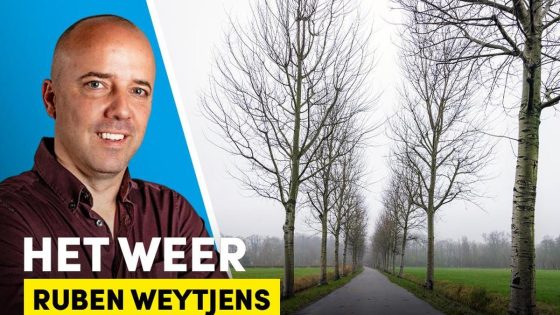On February 16, 2025, a controversial housing proposal in Barcelona has sparked outrage. The idea of separate entrances for wealthy and low-income residents has been labeled as “classist” by the Tenant’s Union. Is this a step backward in housing equality?
- Separate entrances for rich and poor proposed.
- Housing crisis remains a major concern.
- Over 34% of Catalan youth in poverty.
- Increase in forced marriages detected.
- Commemoration for rapper Pablo Hasel held.
- Story of a Moroccan student sleeping rough.
Barcelona’s Housing Crisis: Are Separate Entrances the Solution?
Could separate entrances for different income groups be a solution to Barcelona’s housing crisis? This recent proposal from property developers has raised eyebrows and sparked heated debates. The city’s previous regulations, requiring 30% of new developments to be affordable housing, are now under threat. Advocates for housing rights fear that this move could worsen the divide between rich and poor.
Understanding the Impact of Housing Inequality on Society
Housing inequality affects not just individuals but entire communities. When the rich and poor are segregated, social cohesion suffers. This proposal could lead to increased tensions and a lack of understanding between different socioeconomic groups. Here are some key points to consider:
- Social division may increase with separate living spaces.
- Access to resources could become unequal.
- Community engagement may decline.
- Long-term effects on mental health and well-being could arise.
The Role of Government in Housing Equity
Governments play a crucial role in ensuring fair housing practices. Regulations like those previously set by former mayor Ada Colau aimed to protect vulnerable populations. However, with changing leadership, these protections are at risk. How can governments balance the interests of developers with the needs of their citizens?
Child Poverty: A Related Crisis in Catalonia
In addition to housing issues, Catalonia faces a rising child poverty rate. Over 34% of children are at risk of poverty and social exclusion. This alarming statistic highlights the need for comprehensive policies that address both housing and child welfare. What can be done to support families in need?
As the debate continues, it’s essential to consider the broader implications of housing policies. The choices made today will shape the future of urban living and social equity.
































